How to train your kids to be good PC gamers

Life as a parent is a constant stream of worries. Is my child healthy? Will they do well at school? When should my toddler start playing Europa Universalis IV? It’s only natural to want to get everything exactly right, otherwise you’re a terrible failure as a human being.
One thing’s for sure, kids love games—and that’s something you can get right. You just need to know what sort of games too look for, in order to ensure your offspring develop into good PC gamers. And I think I can help. To research this article, I played just about every gaming genre around with my two young sons—much to the meddling concern of my so-called wife and friends. “Look, we had to play Amnesia: Dark Descent because science. Kids scream all the time, it’s just what they do…”
Here then, are 13 games I actually think will be a positive influence on impressionable young players. I’ve avoided nightmarishly quaint edutainment titles and kiddie-friendly MMOs, because… well, they’re awful. These are real, proper games; games that provide a solid foundation for a life spent hunched over a Death Adder collecting loot from slaughtered monsters. Parenting: Easy like lifting pennies off a dead man’s eyes.
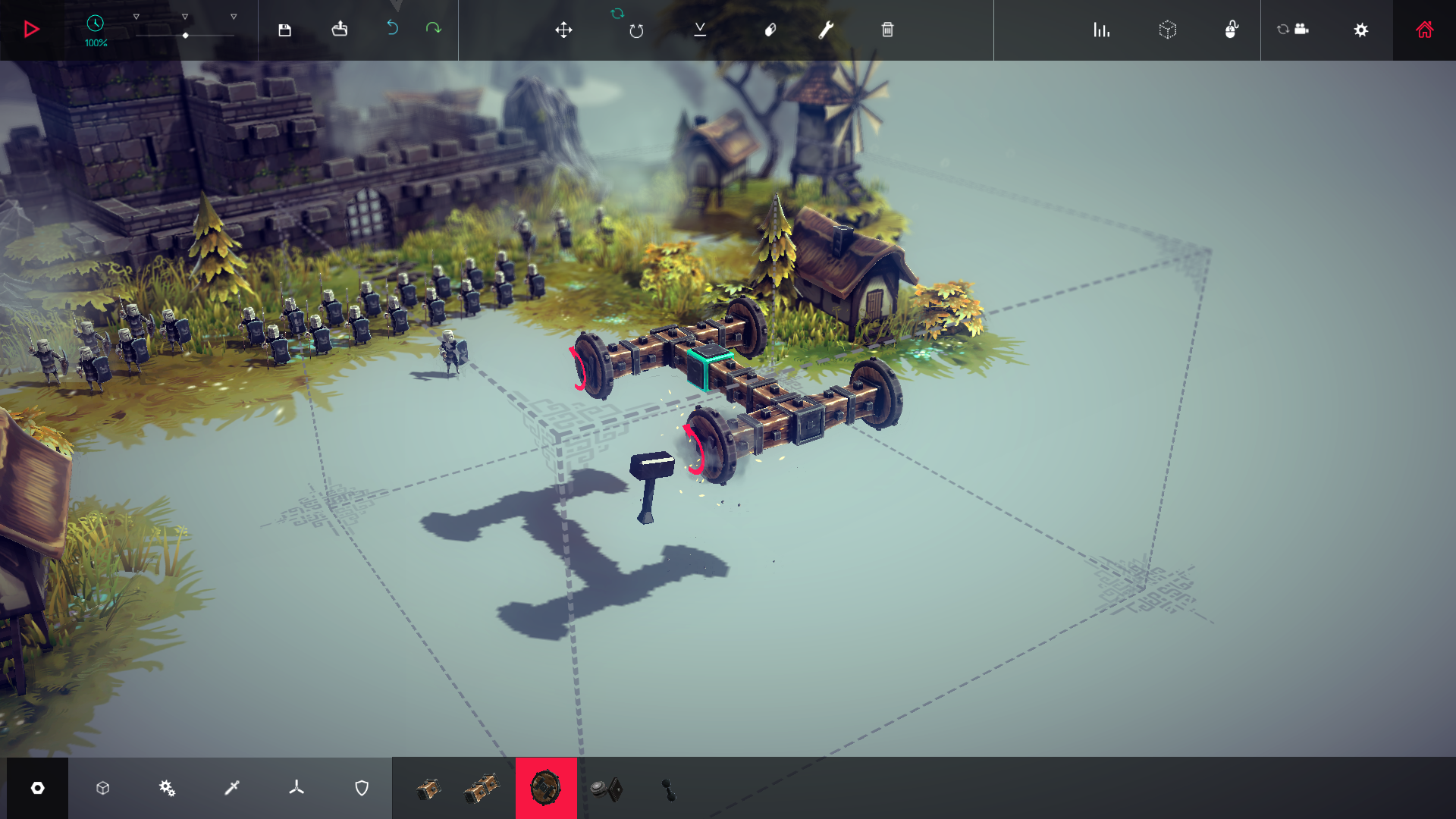
Besiege
If you’re anything like me, then you’re no doubt very keen to teach your children about the subtleties of Medieval siege warfare. It’s pretty important and will serve them well in future years, when the banks fail and society collapses into a chaotic feudal state. Currently in early access Besiege lets you construct your own siege machines from a variety of bits and pieces before pitching them at castles and armies. It’s a little rough around the edges, but really good fun and very open to experimentation and thoughtful play. And no parent ever forgets the first time they hear the words, “daddy, I’ve constructed a counterpoise trebuchet."

Minecraft
Okay, this is such an obvious choice, but Minecraft is effectively a school for gaming, and creativity, and pretty much life full stop. Already used as a teaching aid in hundreds of schools all over the world (there’s one in Stockholm where Minecraft is COMPULSORY), Mojang's evergreen block-builder provides a blank slate for your kids’ imagination, while sneakily introducing them to everything from physics, geology and ecology to architecture and agriculture. Just be careful what they learn about gravity though; this is a game where stone blocks stay suspended in mid-air—that could go disastrously wrong should they go into the actual building trade.
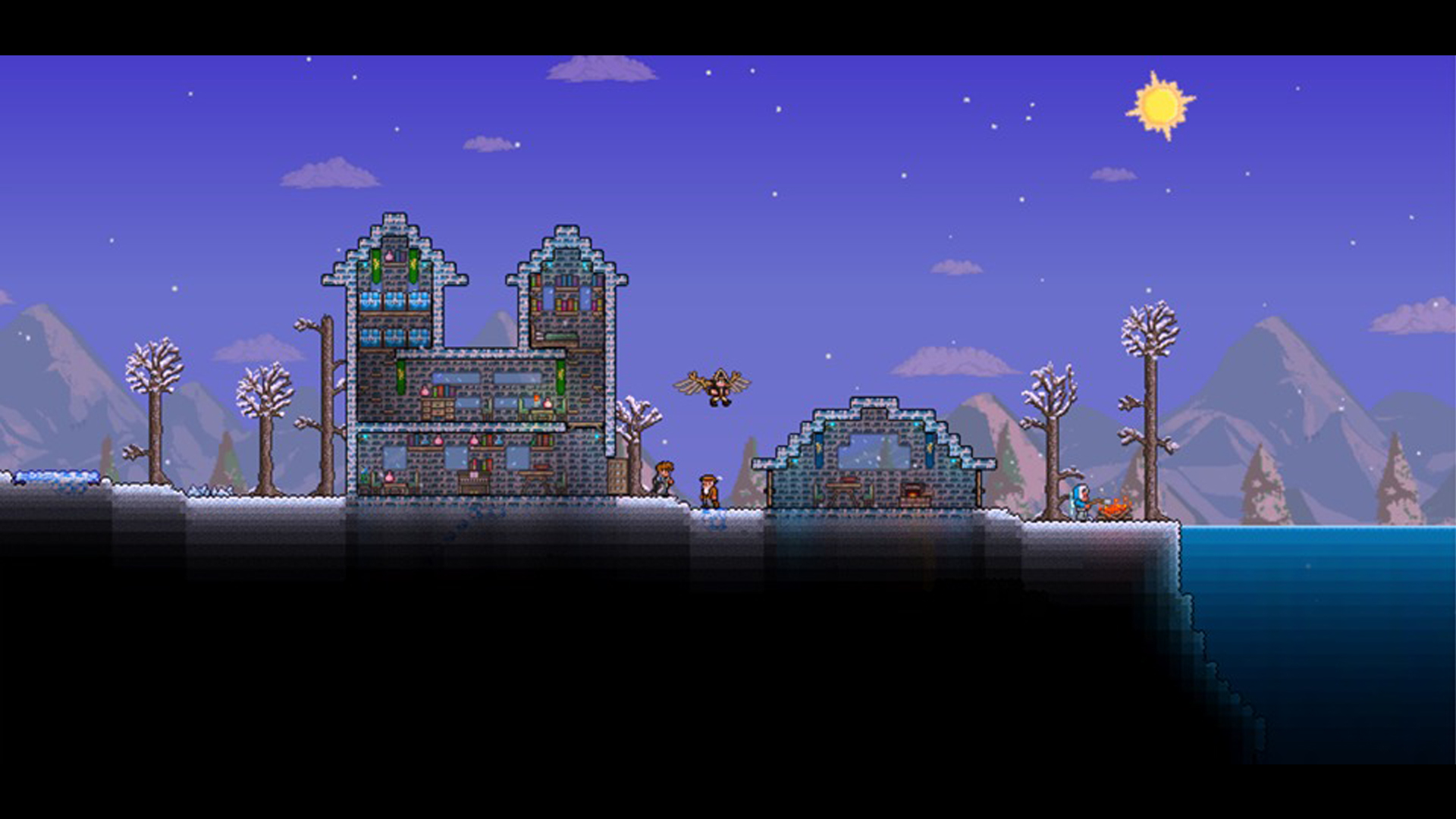
Terraria
Re-Logic’s complex procedurally-generated 2D romp, shares some of the crafting and exploration elements of Minecraft, but adds a whole heap of systems on top. It’s all about battling through the enemy-packed caverns, learning how to combine items to make more powerful weapons, and how to summon bosses who drop bank vaults full of loot. My sons just utterly immerse themselves in this arcane world, and its steep learning curve has taught them a lot about foundational strategy and role-playing mechanics.
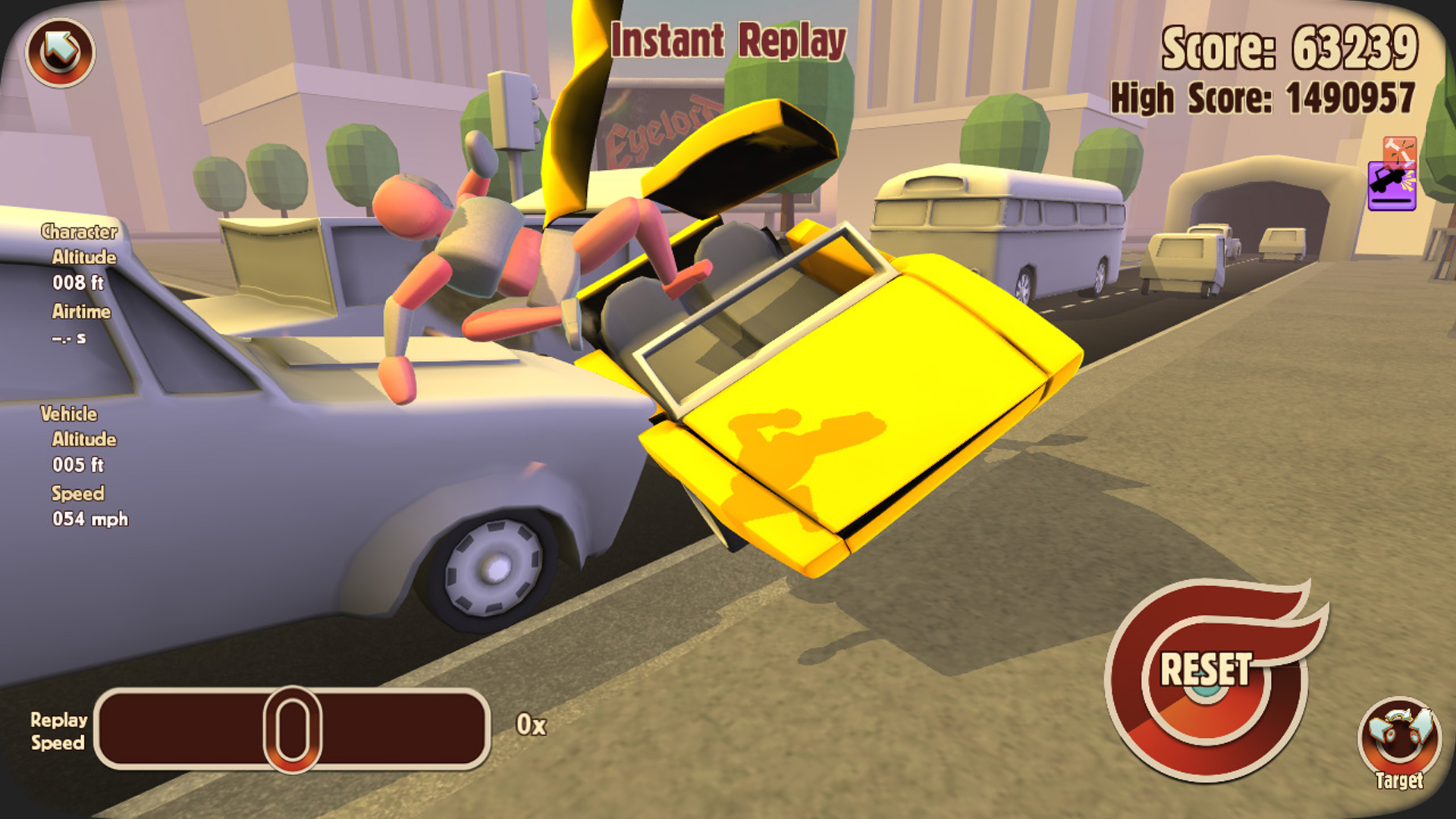
Turbo Dismount
Kids love to break things. Love it. What’s that, you say? You’ve just bought a new pair of high end B&W speakers, with tweeters that… Broken. Oh I like your new Apple Macbo… Full of orange juice. The brilliance of Turbo Dismount is that it is all about creating disastrophes and then enjoying the damage-free consequences. There’s a little ragdoll physics person and an array of vehicles and ramps which you combine into all sorts of hilarious chaos. Destructive instincts appeased, house safe. Told you it was easy.
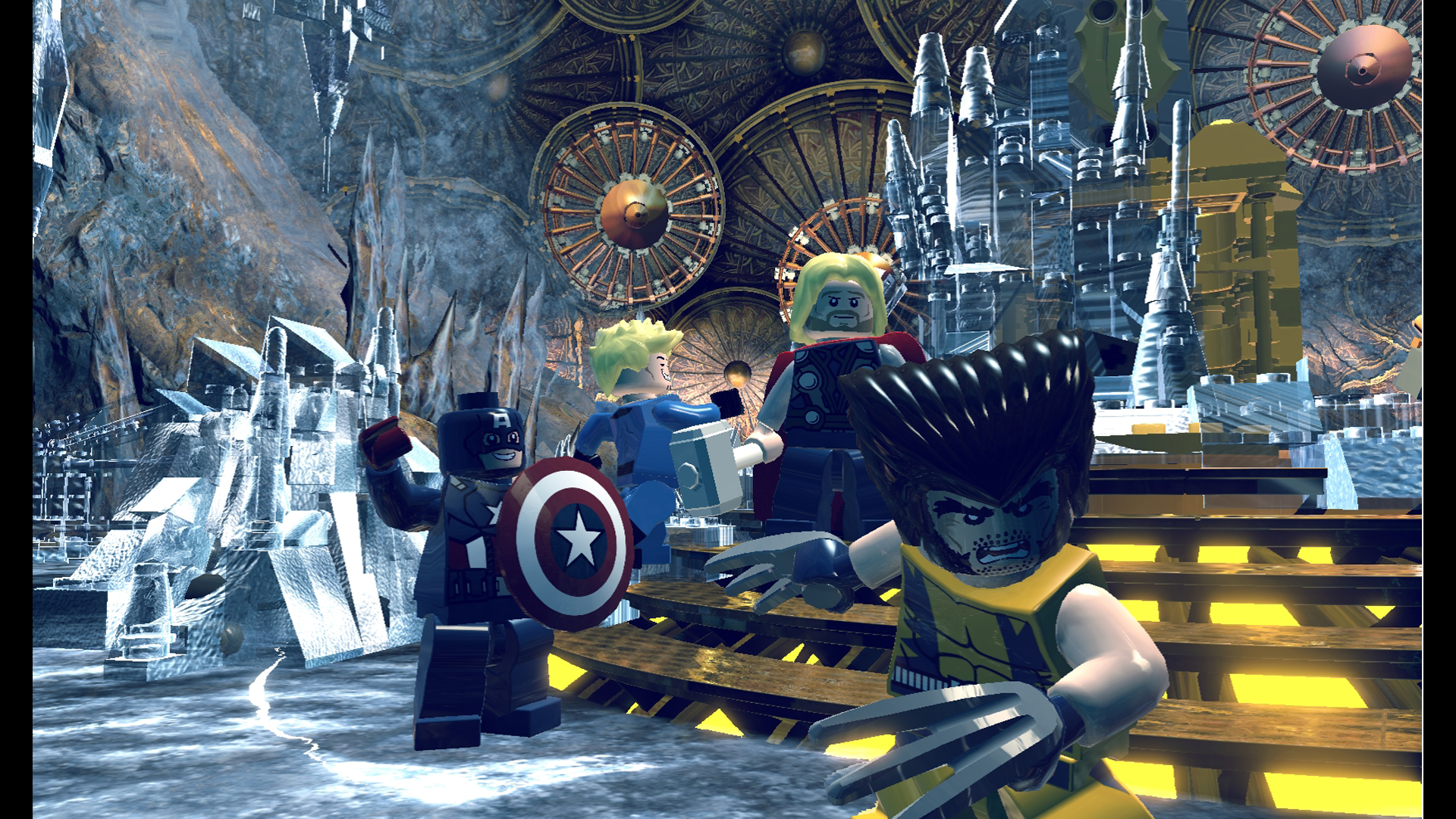
Lego Marvel Superheroes
I know that some people find the Lego games rather flawed, what with their needlessly obtuse user interfaces and sometimes illogical puzzle systems, but, BUT, they are perfect parent-child co-op fodder. While you’re doing all the hard graft, your little one can just run about smashing stuff up and collecting goodies. As they get older they gradually take on more responsibility. Also, if you’re a Marvel fanatic, this game is a GREAT way to introduce your child to more esoteric characters via the dozens of unlockable heroes and villains.
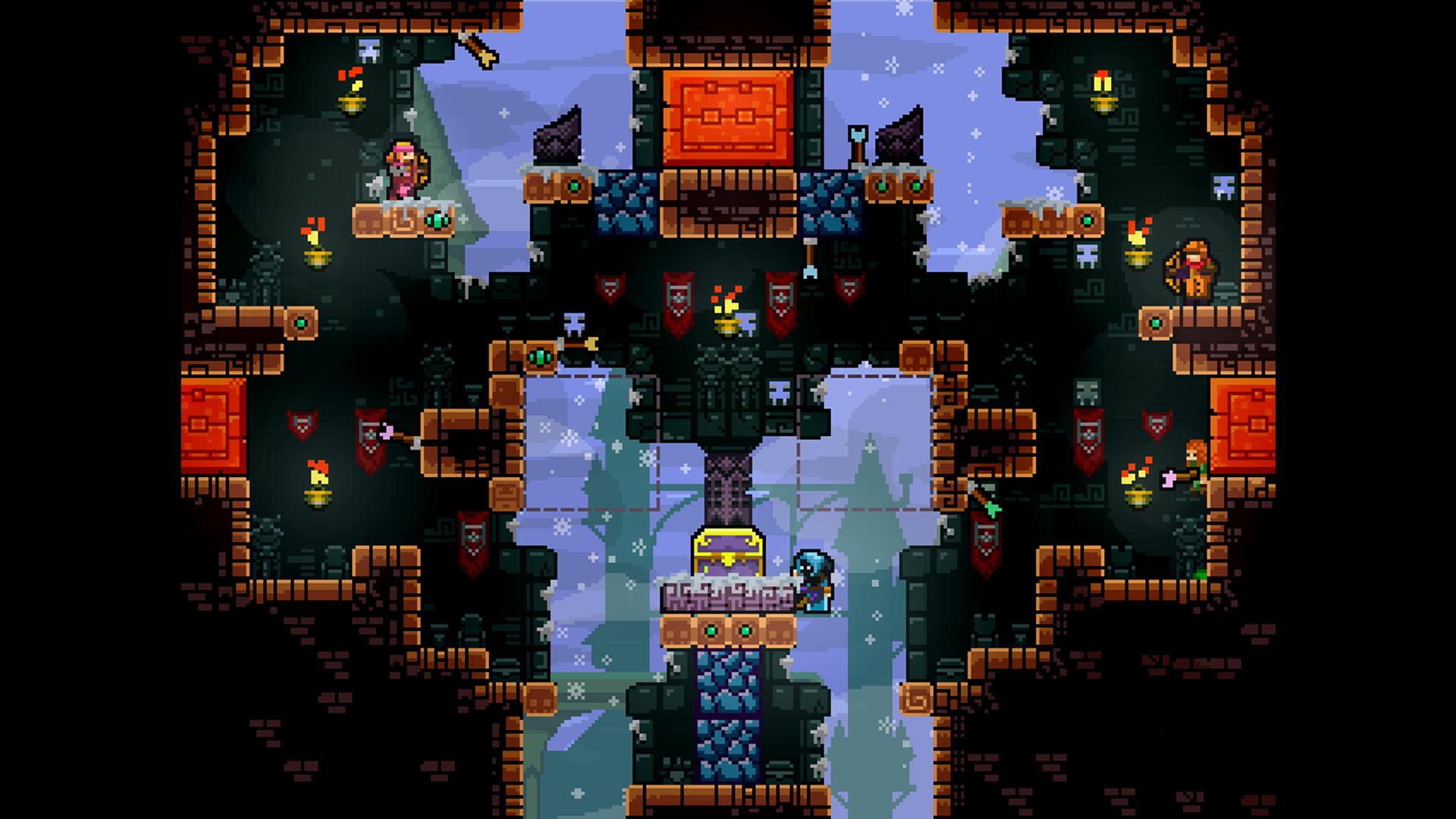
Towerfall: Ascension
Got a roomful of over-excited children who just want to hit each other with stuff? Oh my god, put Towerfall on right now. Four-player, single-screen archery madness with super basic controls, but lots of hidden depth via destructible environments, power-ups and other interesting extras. There’s a quest mode, but the multiplayer versus option is where it’s at. And if they get bored, you can always switch to the similarly intuitive but slightly more demanding sword-fighting staple, Nidhogg.
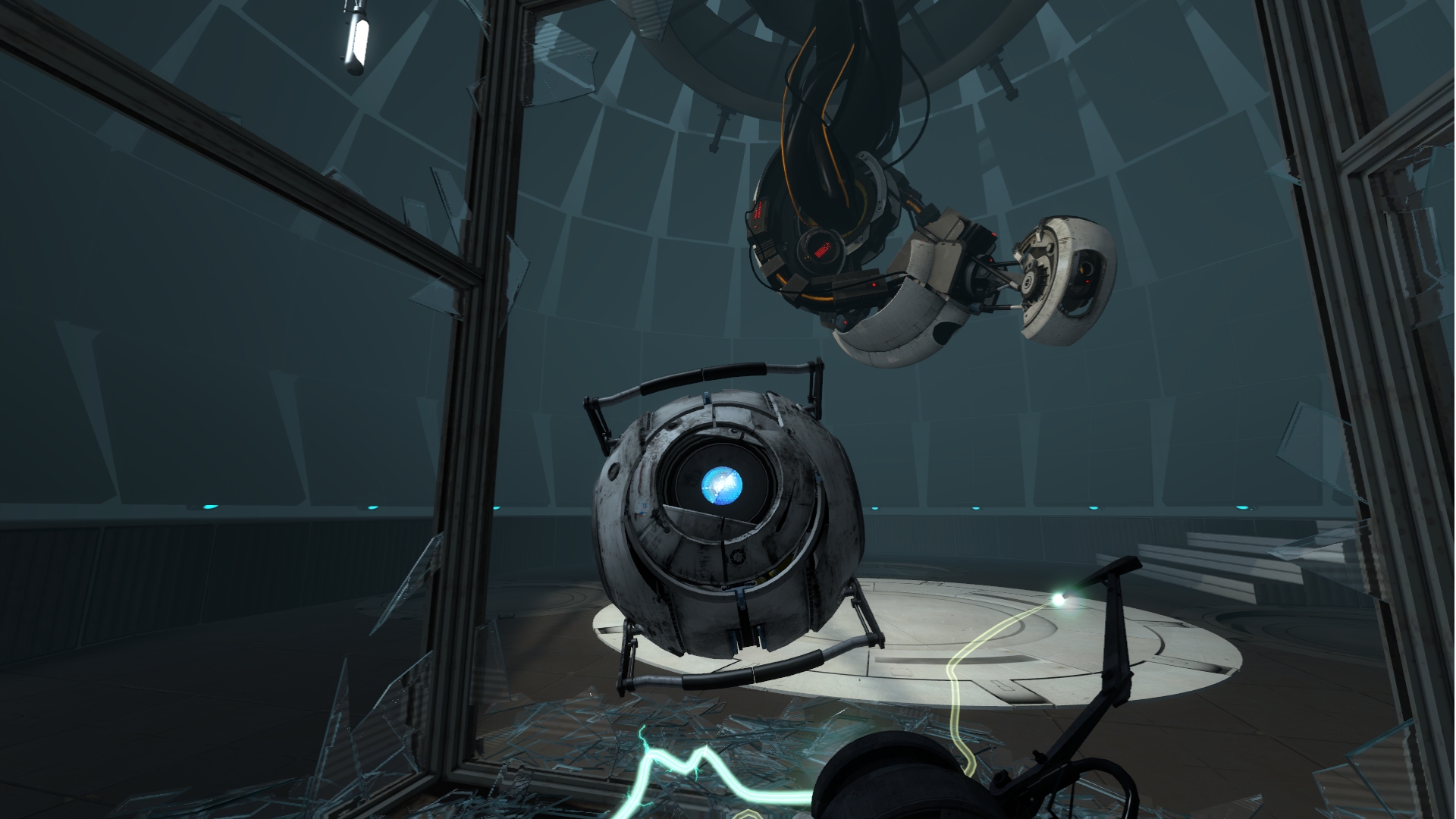
Portal 2
Look, everyone should play Valve’s physics puzzling masterpiece anyway, but for your children it’s the perfect introduction to first-person action games—primarily because they won’t have to shoot loads of guys in the face. It also has astounding level design, a wonderful script and a subversive underlying message about not trusting technology and questioning the status quo. The co-op mode is brilliant to play together too, teaching all sorts of things about physics, mechanics and geometry. Just don’t sulk when they start solving stuff before you, otherwise think how bad you’re going to feel when they also have a proper career, bigger house and a better Counter-Strike KDR.

The Sims 4
Children don’t have much control over their own lives, so give them the chance to rule over a whole group of virtual adults and they lap it up—usually with funny (or, let’s face it, incredibly dark) consequences. My sons are currently running a household of partially clothed astronauts who have a swimming pool in the kitchen. Sims actually has much to teach about running a home and learning to accommodate different personalities, but mostly it’s a big sandbox of casual sadism. It’s rated Teen, though, so you should monitor under-12s, especially when they start flirting with strangers in bars.
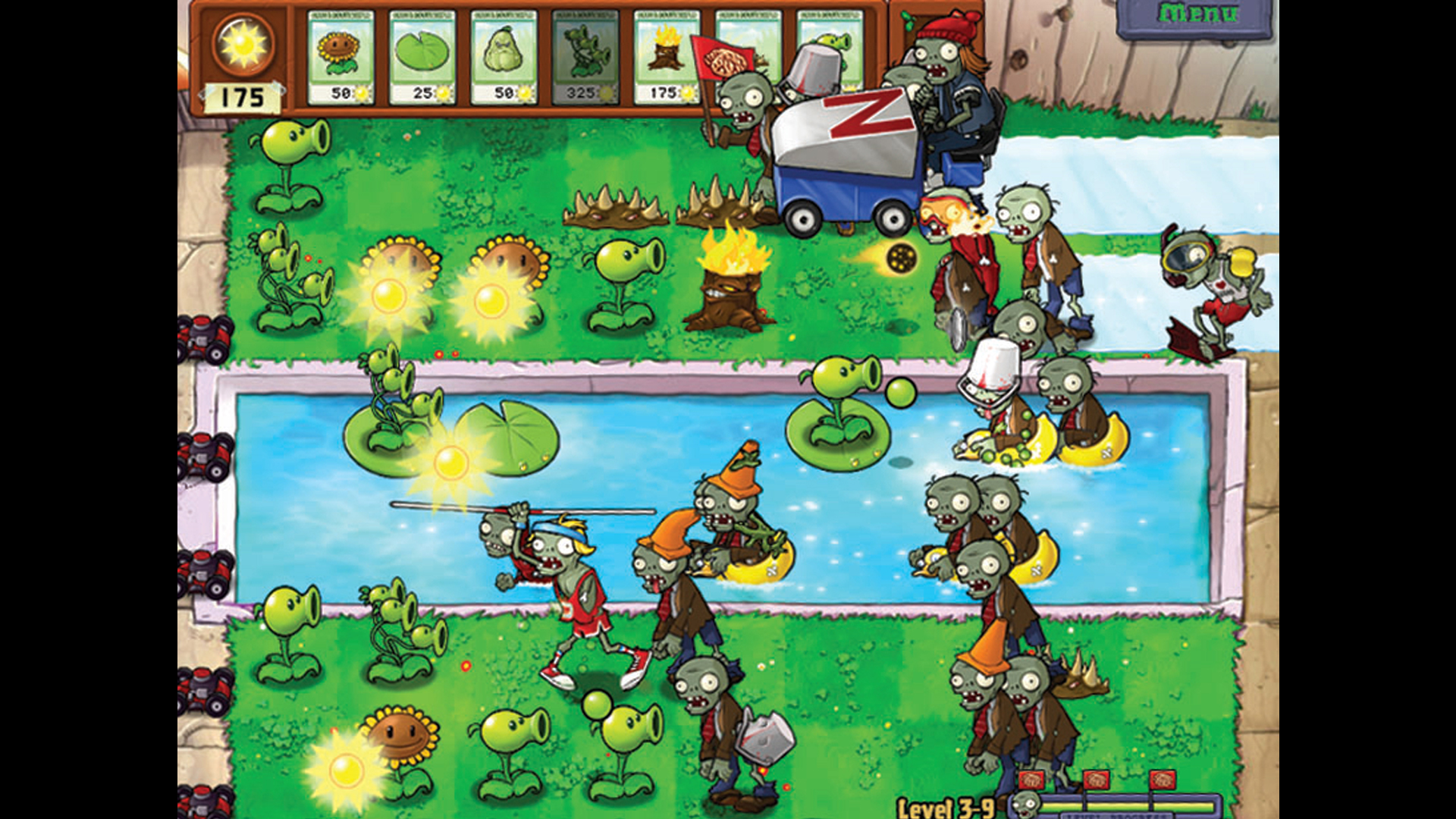
Plants vs Zombies
Want your kids to become League of Legends superstars, supporting you into your dotage with their multimillion dollar championship prizes? Start here. Popcap’s colourful and intuitive tower defence classic hides its considerable tactical depth behind its daft premise (defend your home against a zombie invasion by growing a flower defence system) and lovely silly visuals. Your happy kids will discover the secrets of resource management, tactical positioning, unit variety and reactive strategies without even knowing that they’re learning. The suckers. Tons of replay value too.
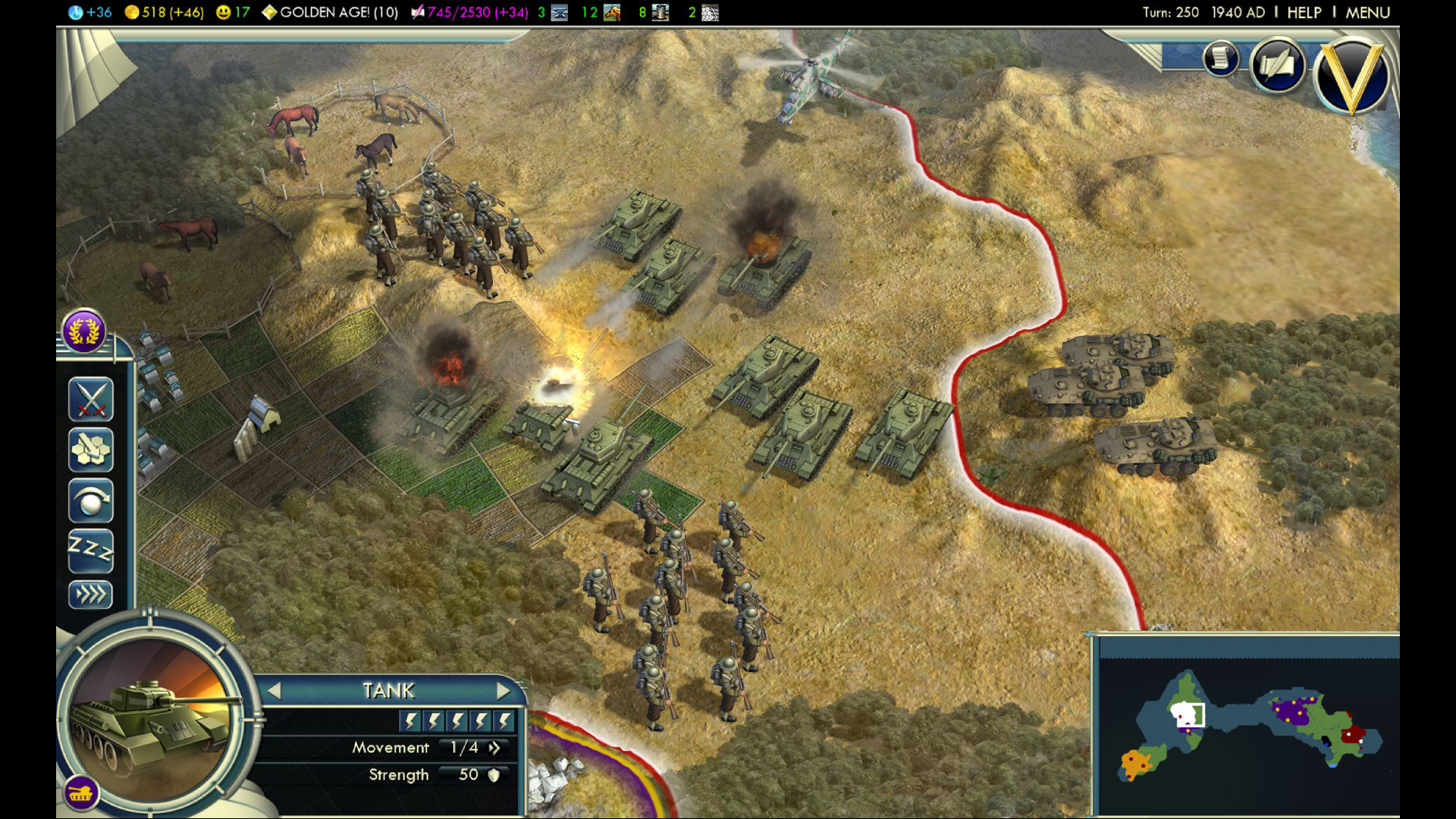
Civilization II to V
There is very little about human history that can’t be learned from Sid Meier’s wondrous strategy series, which combines turn-based battle strategy with cultural and agricultural development, into one vast and enthralling experience. Civ V adds hexagonal tiles for a richer combat experience, but really, any installment from Civ 2 onwards will provide hours of pleasure for older children. And from here they can always leapfrog on to Total War, Europa Universalis or any number of other strategy greats. Or conquer the actual world, of course.
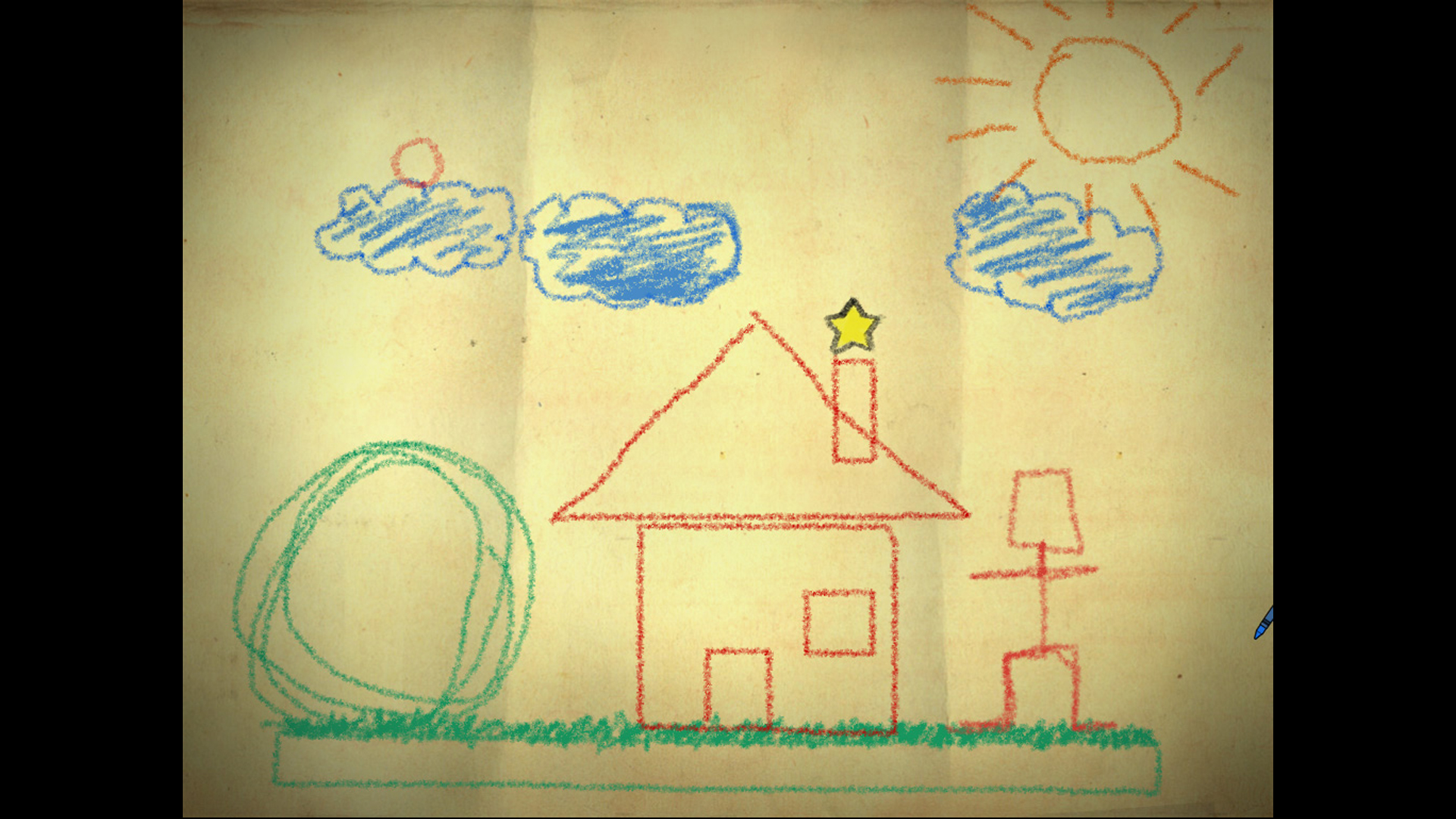
Crayon Physics Deluxe
In the olden days, I’ve heard that children used to sit down with paper and a few crayons and draw stuff. Frankly, that sounds idiotic and I don’t believe it, but in 2009 Petri Purho created Crayon Physics Deluxe, a game that lets you draw pictures and use them as an environment for a platforming mini-game. That makes so much more sense. The aim is to get a ball from one side of the image to the other simply by drawing lines and objects to guide it. It’s extremely compulsive and encourages logical thinking and creative problem-solving. The level editor is, of course, open to substantial abuse. Don’t worry, I’m sure your angels aren’t like that.
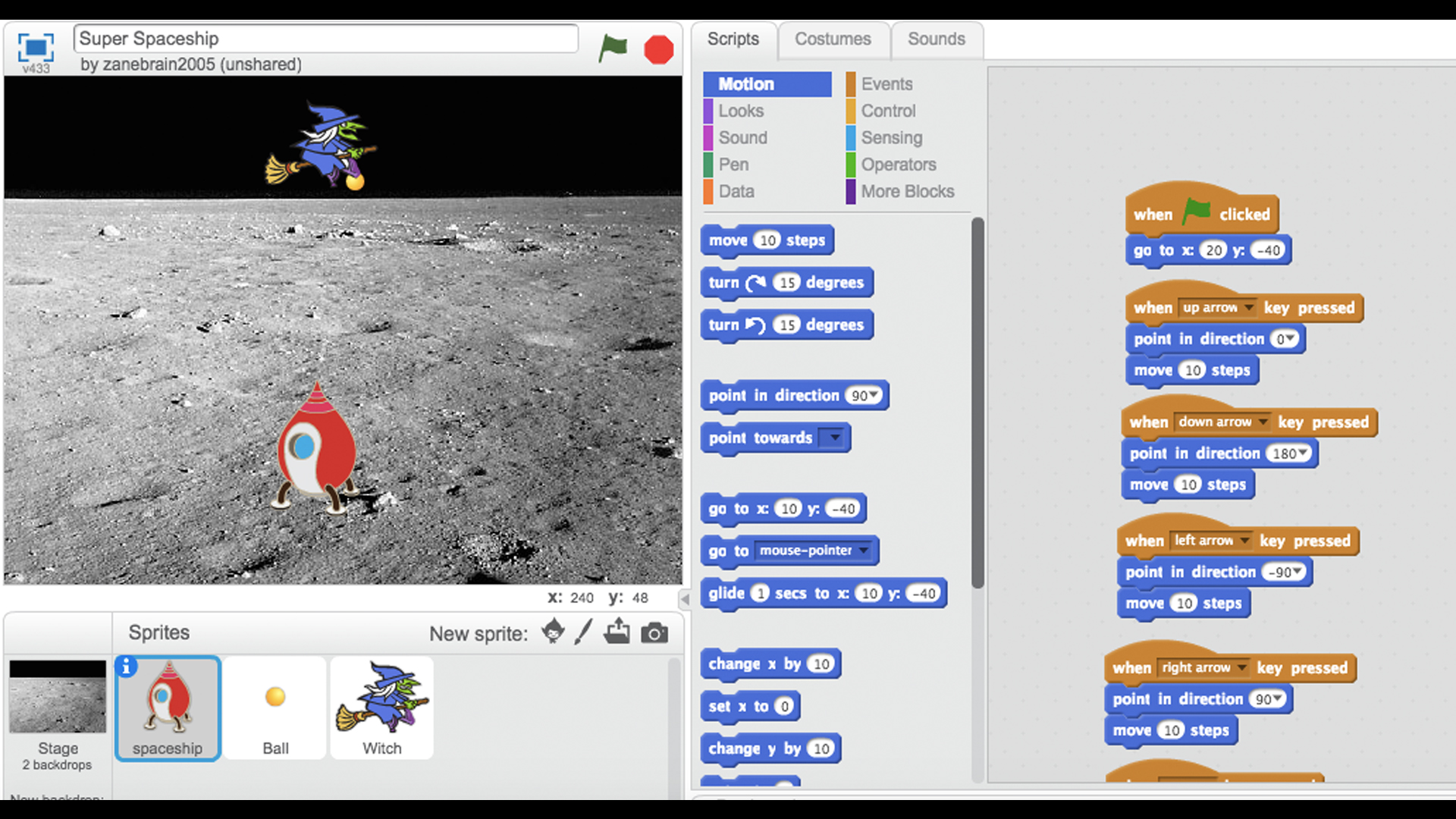
Scratch
Designed by MIT as a basic introduction to coding, Scratch provides a small selection of simple games that gently introduce you to its drag-and-drop programming tuition system. You can start off simply changing some of the sprites on a rudimentary maze chase game, but after a few hours your kids will be building quite complex enemy behaviour systems and cool puzzle features. Everything you make can be saved and shared with other Scratch users, and the sense of achievement you and your child will get from making something new that actually works is amazing.
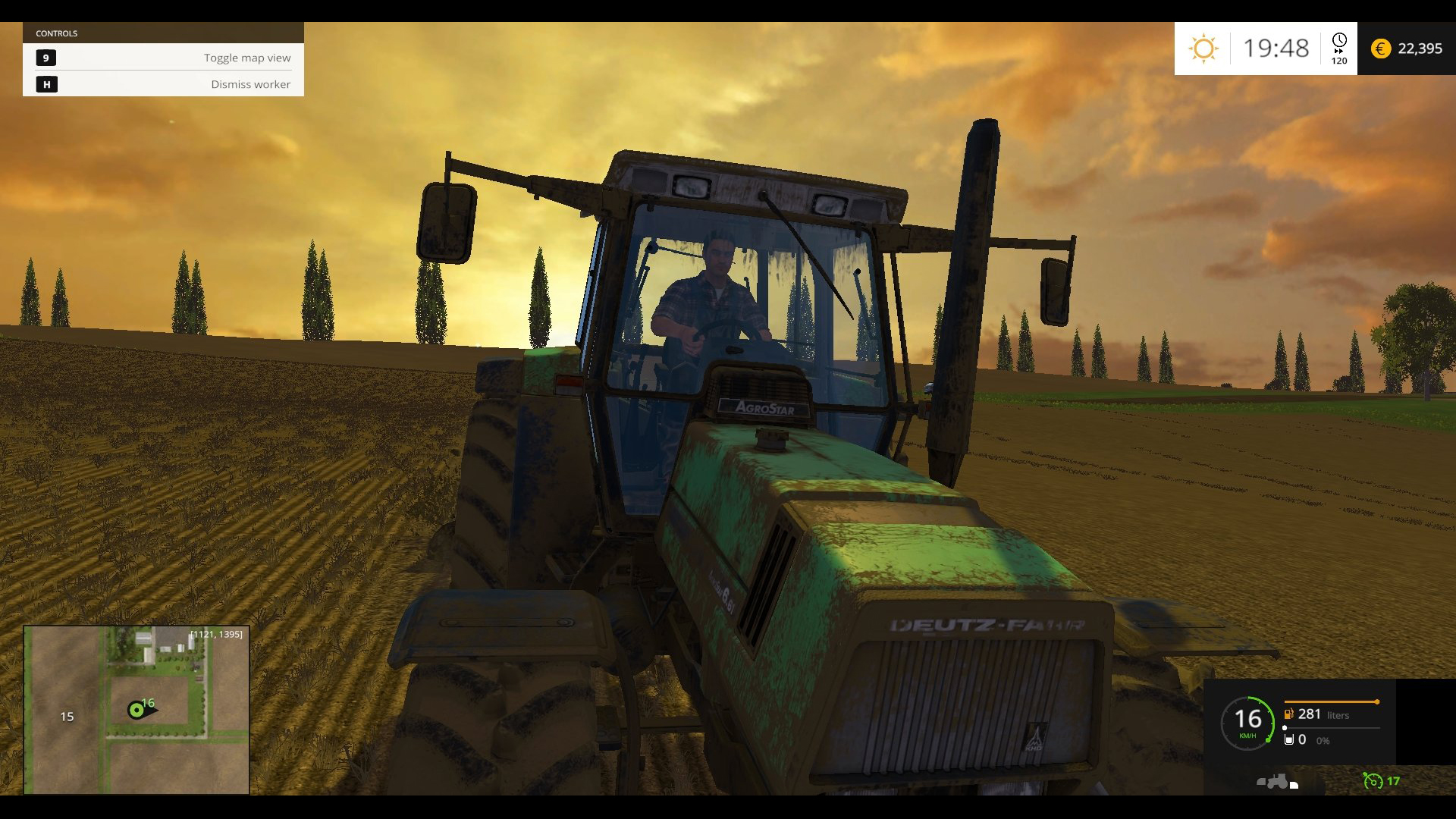
Farming Simulator 2015
Plough fields! Chop wood! Breed cattle! Farming Simulator provides all the thrills of agricultural work without having to get up at four in the morning, treading in cow pats and worrying where your next government subsidy is coming from. Yes, it’s educational, obviously, but there’s also a sedate pleasure in driving a New Holland tractor around your 300-acre wheat field, trying not to go over the edges— much like a colouring-in book, only with potentially dangerous agricultural machinery. It’s not the most complex of the Simulator series, of course, but see this one as a gateway drug towards the mighty Euro Truck Simulator 2.

